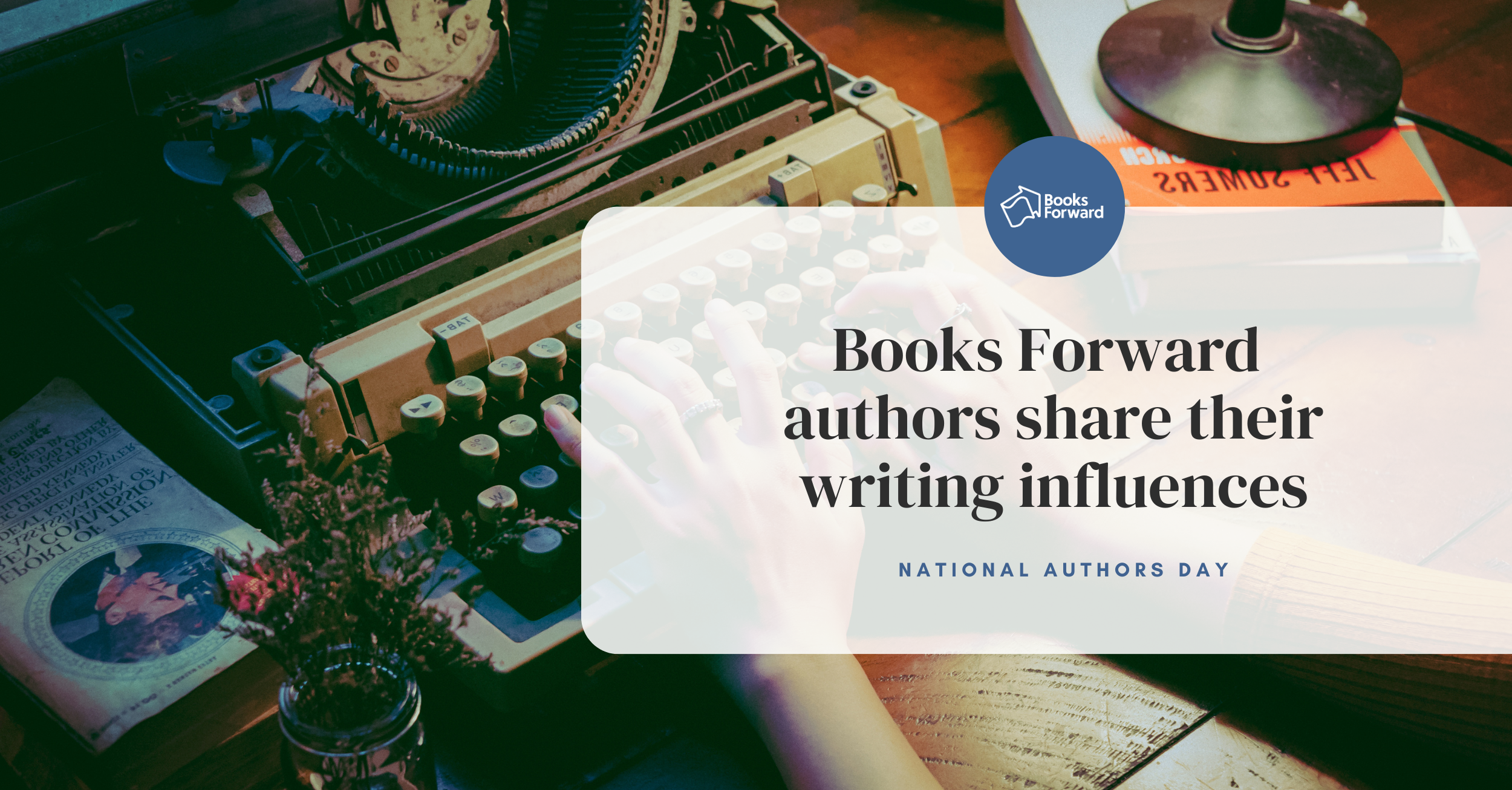Nov. 1 is one of our favorite days of the year, because we get to celebrate some of our favorite people: authors! This year, we asked some Books Forward about their favorite writers, and here’s what they said:
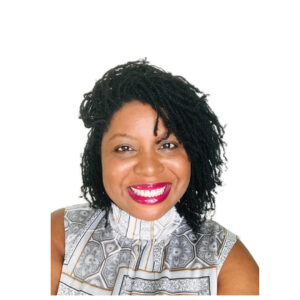
“One of my favorite author’s is Rainer Maria Rilke. Yes, his words are like paintings. But he also shows you what a feeling feels like. That heart-soul coherence infuses so much life. And as I was healing myself from childhood abuse, his writings helped me gain credibility of MY feelings rooted in my contrarian beliefs — of the GREAT freedom, birthing inside of me. Un-rushed and viscerally elegant, Rilke invited a stillness that harvested my authentic ‘voice,’ as an author and composer.”
— Wen Peetes, author of “Inner Child Healing”
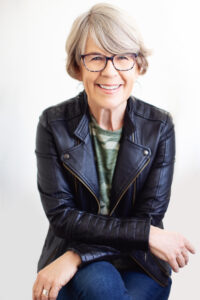
“When I was struggling over whether to leave my marriage and my safe and comfortable life to step into an unknown future, I felt so alone. Initially, I didn’t know a single other person in the same situation, so I turned to books, desperately searching for stories that spoke to my experience. A close friend handed me ‘She’s Not There: A Life in Two Genders’ by Jennifer Finney Boylan. ‘Your situation is different,’ this friend said, referring to the fact that I was questioning my sexuality, not my gender identity as Boylan was, ‘but I think you will relate to it.’ As I turned the pages of this memoir, I felt as if the author was traveling in my head. The waking up in the middle of the night, weighing pros and cons. The wondering how I could possibly give up a life that had so much good in it. The contradictory voices inside my head competing for attention.
“Jenny Boylan gave words to feelings I hadn’t yet been able to express. Reading her story made me feel seen, less alone, and eventually, empowered to step into my authentic life. That’s exactly what I hope ‘The Only Way Through Is Out’ will do. My deep desire is that my memoir will impact readers who are holding back from living out loud — whatever their context. I want them to know that they are not alone. That it is possible to get to the other side of the struggle, even when it feels impossible in the moment. That it is never too late to say yes to your life and step into a new story.”
— Suzette Mullen, author of “The Only Way Through Is Out”
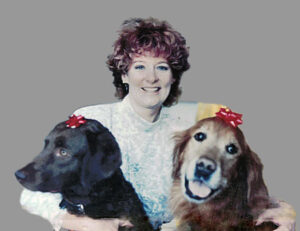
“Mary Rainbow Stewart leapt to mind immediately as an author to celebrate for National Authors Day. Her life is fascinating stuff. She was the daughter of a teacher from New Zealand and a vicar, graduated with a teaching degree from Durham University in England, obtained her master’s degree during World War II, and then worked as a university lecturer. While some readers best know her as the author of the Merlin Trilogy, Mary Stewart had a burgeoning career in the 1950s and 1960s, prior to writing those Arthurian novels, which saw her widely hailed as the creator of the romantic mystery (with many of those books spending months on the New York Times Bestseller List). Her novels were heavy on haunting suspense and featured a rich mixture of menace, building tension, and evocative scenic description. Each of Mary Stewart’s heroines was brave, smart, compassionate, and resourceful — and woe betide any romantic interest who stood in the way of her main character solving the mystery and saving the day!
“Mary Stewart’s ability to weave together terror, action, detective work, and humor was bolstered by her elegant prose and perfectly conjured scenery and sense of atmosphere. She took readers on trips to Avignon, Scotland, a chateau in France, the Pyrenees, Austria, Lebanon, and my personal favorites — Delphi, Crete, and Corfu in Greece. You can actually feel the heat of the sun, hear the swell of the ocean, and smell the bounty of wildflowers in her descriptions of Delphi in “My Brother Michael” and Crete in ‘The Moon-Spinners.’ My hometown newspaper, the Cleveland Plain Dealer once called ‘Airs Above the Ground’ ‘a tale of breathless excitement against a background of breathless scenic beauty’ — an absolutely perfect description for each of her mysteries! I think I’ll go read ‘Madam, Will You Talk?’ for the fifth (or possibly the sixth) time.”
— Tracy Carter, author of “Dogged Pursuit”

“I admire Juan Rulfo, a rare talent, author of the classic Mexican novel ‘Pedro Páramo.’ On her deathbed, a mother commands her grown son to go back to the village where he was born and find his father. Soon the reader realizes that everyone the son meets there is dead, and the dead have stories to tell. When’ Pedro Páramo’ was published in 1955, at first people didn’t know what to think of this crazy story. It was a precursor to the magical realism movement in Latin American literature. Gabriel García Márquez called ‘Pedro Páramo’ life-changing and claimed he’d read it so many times he could recite the entire thing.”
— Ann Marie Jackson, author of “The Broken Hummingbird”
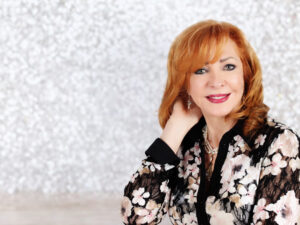
“As a devout writer of fiction, I had never been inspired to write a memoir, which I envisioned as a retrospective of one’s entire life. Until I read ‘American Chica’ by Marie Arana. In this luminous account, part childhood recollections of growing up in a bi-cultural household in Peru, part Peruvian history, part investigation of her ancestral roots in both Peru and America, a particular time in her life is examined, rather than the overall panorama. It was a revelation as well as an inspiration. American Chica is written from the view of a child, yet with the introspection of the adult narrator. Arana’s lyrical pros weave in magical realism — at which Latin writers excel — with the concrete history of place and time.
“I paused throughout to re-read lines simply to savor their beauty. She poignantly describes her parents’ love for one another along with their inevitable and heart-breaking cross-cultural conflicts. Particularly humorous were the scenes between her plucky Yankee mother and her old-school, proper Peruvian in-laws. The richly researched Peruvian history, including the horrific oppression of the indigenous Peruvians by the Spanish overlords, is paired with an unflinching look at her own infamous Peruvian ancestor, a merciless rubber baron. Yet throughout, there are light-hearted touches of what it means when cultures meet and how we humans are the richer for it. As a bi-cultural writer, I can relate all too well, and am indebted to Marie Arana for inspiring me to write my own Arab-American story.”
— Kathryn K. Abdul-Baki, author of “Dancing into the Light”
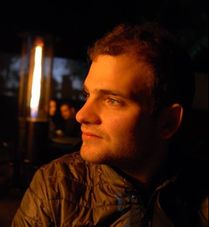
“I grew up reading fantasy and sci-fi from a variety of authors, such as Frank Herbert, Johnathan Stroud, Stanislaw Lem, Margret Atwood, Robert Heinlein, all of whom (and many more) influenced my writing. But it was right as I was transitioning from reader to writer when I first started reading the work Ursula K. Le Guin. I was utterly blown away, the joy of her novels reminded me why I loved reading in the first place.
“So many fantasy and sci-fi novels focus on big action or political drama, and though I do love both of those, it was Le Guin’s empathetic and incisive attention to the personal that gripped me. Her novels, be it ‘The Lathe of Heaven,’ ‘The Left Hand of Darkness,’ ‘Earthsea’ or elsewise, always place human lives and minds at the center of their narratives. This is not a rejection of world-building, (she paints some of the most vivid worlds ever put to ink) nor a turn away from big philosophical or political ideas (there are few good novelist more blatantly philosophical or political than Le Guin) but rather her focus on her characters inner lives, feelings, and personal journey points to a simple truth about our world: Everything human created, be it technology, society, politics, springs from individual people and their quirks, loves, lives, and psychology. This is the one thing that connects the most successful literary works with the most successful genre stories, the centrality of human experience. It does not matter if someone is living in New York, Middle Earth, or in some far flung galaxy, people are people, and all good fiction must wrestle with the universal trials and joys of human experience.
“There are many speculative fiction authors I might recommend to fans of the genre, but I recommend ‘Left Hand of Darkness’ to everyone. If you have never read sci-fi, let Le Guin be your first.”
— Noah Lemelson, author of The Slickdust Trilogy

“Writing in the thriller genre, I’ve had plenty of inspiration from both living and deceased authors who have led me on wild adventures as I try to figure out who the real villain is while the protagonist excitingly struggles to save the world. There is certainly no shortage of wonderful authors to pay respects to in this regard. However, if I’m being honest to both questions above, my answer falls well outside the thriller genre. Truthfully, it’s not even close: J.R.R. Tolkien and ‘The Lord of the Rings.’ I’ve been reading it (all three parts) every year between Thanksgiving and Christmas for going on 27 years now, and every time I do, I still very quickly get lost in the magical world of Middle Earth and learn something new about the characters I love. The balance of vivid imagery, descriptive prose and incredible plotting is unlike anything else out there, and the fact it took Tolkien so many years to write helps pay tribute to the masterpiece that it really is.”
— J. Lee, author of “The Deadly Deal”
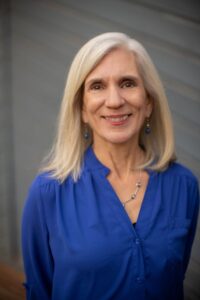
“I was instantly inspired by author Anne Lamott when I picked up my first book of hers, ‘Traveling Mercies,’ about 20 years ago. I had never read such a seamless blend of gut-wrenching memoir, wisdom, humor, and gorgeous writing. This and her other books make me laugh, cry, take notes, and reread them. The same is true of her occasional blog/Facebook posts and even her speaking. I don’t know how she does it! Her worldview is both dark and brilliantly light, and she speaks her truth in a way that makes me want to stand up and shout, ‘Listen to this!’
“I long to write like her; her words flow like water, taking us on a gutsy journey, even when she’s talking about politics or laundry, and especially when she’s laughing at her own foibles. I love how she recounts hilarious, sometimes irreverent stories from teaching her Sunday School class that speak directly to us of truths we may not dare speak to ourselves. She’s a role model for me as a writer, wise woman, and compassionate human being. I can imagine her rolling her eyes at such a statement and saying something mildly self-deprecating and perfectly witty, making me laugh and admire her even more. I bet she can’t help it.”
— Liz Kinchen, author of “Light in Bandaged Places”
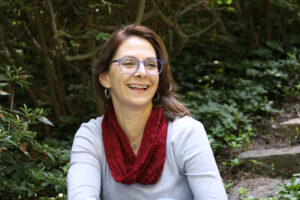
“One of my favorite authors is Eva Ibbotson. Her middle grade novels take horror-story tropes like witches, scary ghosts, and monsters, and turn them upside down until they are hilariously funny. In Ibbotson’s books, the children always outsmart conniving villains — with the help of kindly creatures and a few caring grown-ups. Books like ‘Which Witch?,’ ‘Dial-a-Ghost,’ and ‘The Great Ghost Rescue’ are comfort reads for me. Because I am working on a book with ecological themes right now, I’m inspired by Ibbotson’s novels ‘Island of the Aunts’ and ‘The Abominables.’ In both of these stories, children become the caretakers of mythological creatures. These books are allegorical, calling on readers to protect our planet and the amazing creatures who we share it with.”
— Laura Shovan, author of “Welcome to Monsterville”

“There are so many authors that I look up to, both traditionally published and self-published, but I could not go past the very person who opened my childhood heart to reading and storytelling. And who doesn’t love the rhyme, wit and charm of Dr. Seuss along with the life lessons featured throughout his captivating stories?
“I bought ‘Fox in Socks’ in early primary school with my pocket money at a book fair. Since then, I have read that book by myself, with friends (taking turns reading and challenging each other to be the fastest) and to my children uncountable times along with the many other stories in his collection. Dr. Seuss taught me that not only was it fun to read but that stories could be completely open to the storyteller’s imagination and that nonsense was totally acceptable.”
— Leisl Kaberry, author of The Titanian Chronicles

A former award-winning journalist with national exposure, Marissa now oversees the day-to-day operation of the Books Forward author branding and book marketing firm, along with our indie publishing support sister company Books Fluent.
Born and bred in Louisiana, currently living in New Orleans, she has lived and developed a strong base for our company and authors in Chicago and Nashville. Her journalism work has appeared in USA Today, National Geographic and other major publications. She is now interviewed by media on best practices for book marketing.
